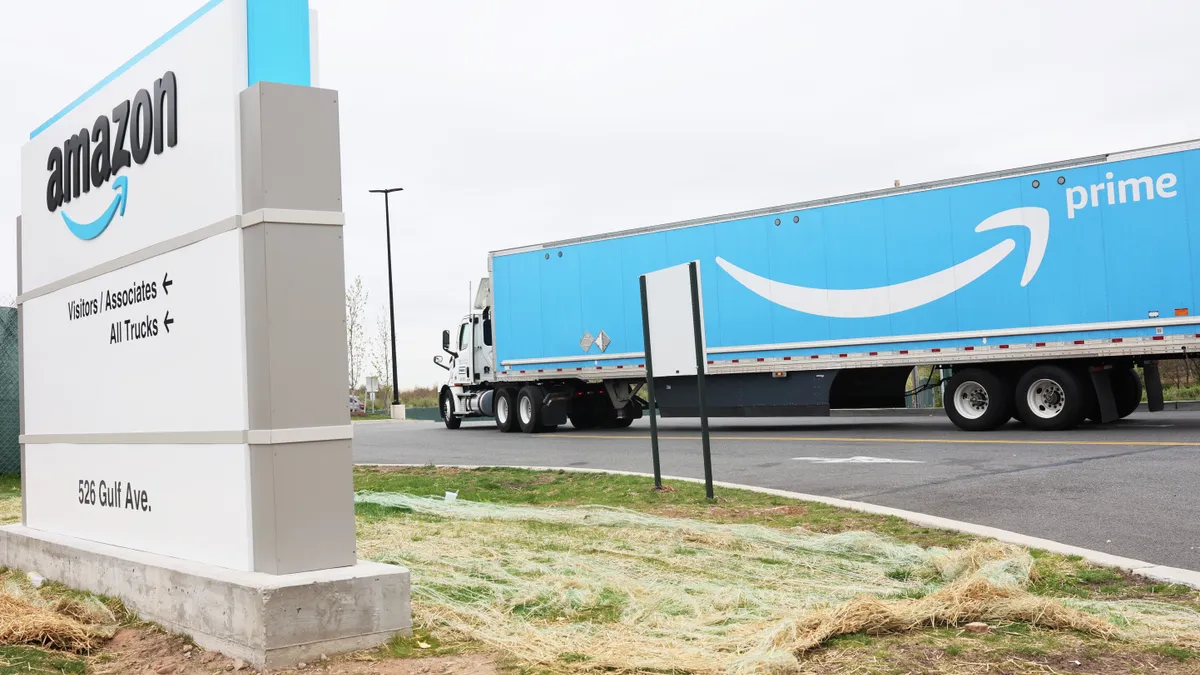Dive Brief:
- Washington’s Democratic Gov. Jay Inslee on Thursday signed into law House Bill 1762, which provides protections against productivity quotas for warehouse workers.
- The new legislation requires employers to give employees information upon hire about quotas, any adverse actions that could be taken for not meeting quotas and any incentives for meeting or exceeding quotas. It also requires employers to inform workers if there are any changes to quotas. Further, the law requires quotas to factor in time for rest and meal breaks, time to use the restroom and time to access tools and safety equipment needed to perform the job.
- “For far too long, warehouse workers have been risking grievous bodily harm in order to not lose their jobs, creating a sense of fear every time they clock in. These laws ensure that nobody shall be required to meet a quota that risks their health, safety, ability to take breaks, or even do something as simple as use the bathroom,” John Scearcy, secretary-treasurer of Teamsters Local 117, which represents, among others, warehouse workers, said in a news release.
Dive Insight:
Washington is the third state to pass legislation to protect warehouse workers against productivity quotas, joining California and New York.
For the law to pass in Washington, where Amazon is based, is especially notable, said Rick Hicks, Teamsters Western Region international vice president and Teamsters Joint Council 28 president. “HB 1762 is critical to making sure that the world's largest online retailer is held accountable for its inhumane, churn-and-burn business model,” Hicks said in the release.
Amazon’s warehouse productivity quotas have long been criticized for putting workers at risk.
“Warehouse distribution centers should prepare for increased regulation over their use of employee production quotas,” writes Kathryn Barry, a principal at the law firm Jackson Lewis.
The new warehouse productivity laws generally target large distribution centers and pose some potential difficulties for employers looking to comply because the laws require companies to explain what disciplinary measures could be taken if quotas aren’t met, Barry writes.
“While this sounds straightforward, many employers use sophisticated algorithms or detailed engineered labor standards to establish workplace productivity requirements, and the laws are unclear as to the level of detail that must be disclosed to the employee,” Barry said.














